GEP composer (BENEATH, DEPRAVED, BLACKOUT, WHITE TRASH, WILD RIDE) interviewed in Little Black Book:

Thinking in Sound: Will Bates on Searching for the ‘Eureka Moment’
LBB> Who are your musical or audio heroes and why?
Will> When I was 6 years old I sang the entire score of Star Wars to my parents. They promptly went out and bought me a violin which I then tortured them with until I was given a saxophone. So John Williams has a lot to answer for. When I first understood that one person had written all those melodies I was humming I realised that’s what I wanted to be when I grew up.
The first record I bought was Ennio Morricone’s score to The Good, The Bad And The Ugly. It’s become so ingrained in our pop culture, but to imagine that one person could combine all those colours and have them actually make sense is still amazing to me.
I adore Miles Davis. His constant re-invention, his use of negative space, his collaborations with Gil Evans are a huge inspiration. Again, all those amazing colours. Vangelis’ score to Bladerunner started an obsession with analogue synths, as well as listening to a lot of early Prodigy records and other house and techno of the late 90s that left its mark on me.
LBB> And when it comes to your particular field, whether sound design or composing, are there any particular ideas or pioneers that you go back to frequently or who really influence your thinking about the work you do?
Will> My wife is a painter. And she shares this work ethic from Francis Bacon, that there is no true lightening bolt of inspiration. That moment only comes from regular work, and honing the craft through discipline is a route to true creativity. I think Brian Eno has a similar work ethic. And it doesn’t mean it can’t be fun and deeply rewarding, but I try to structure my work days with a similar attitude.

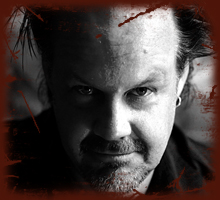
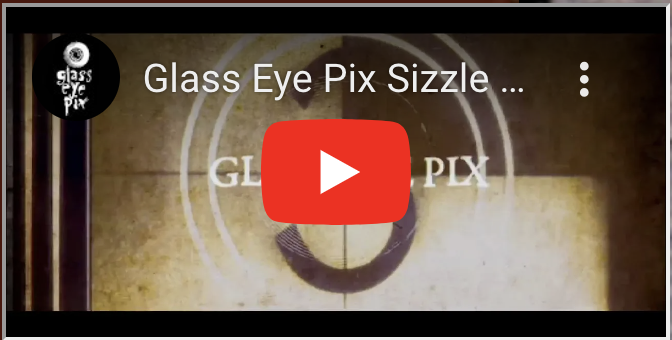
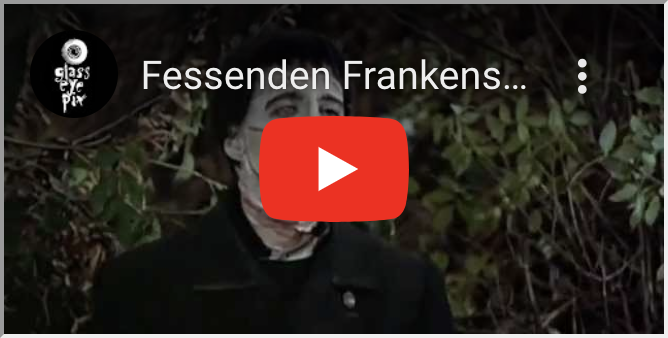





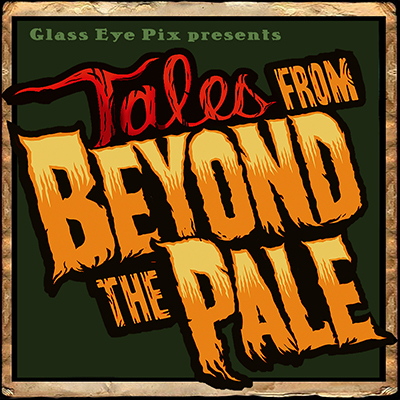

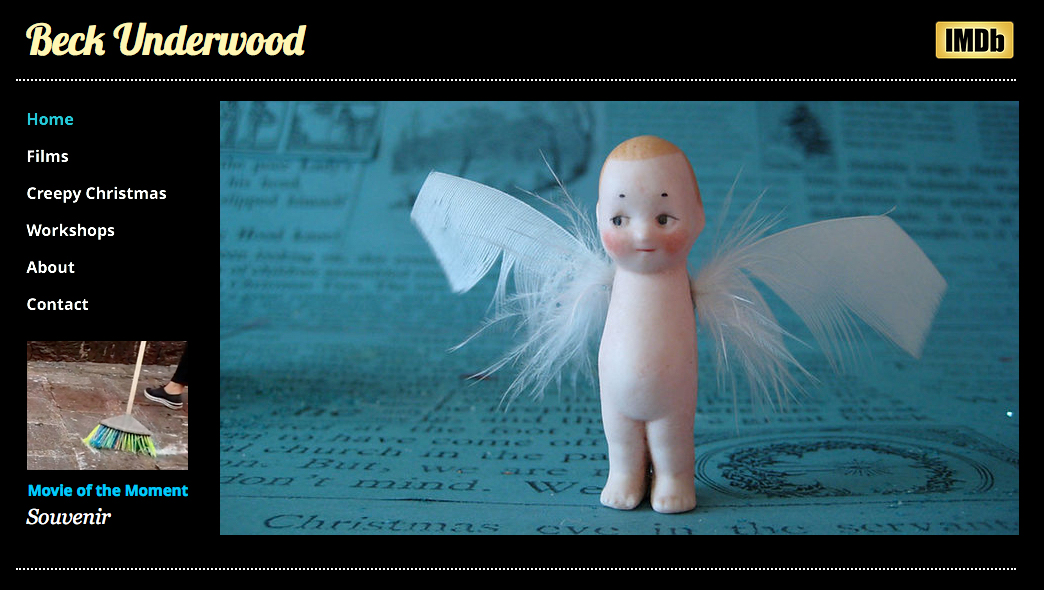
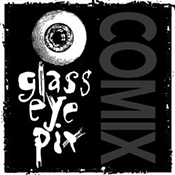





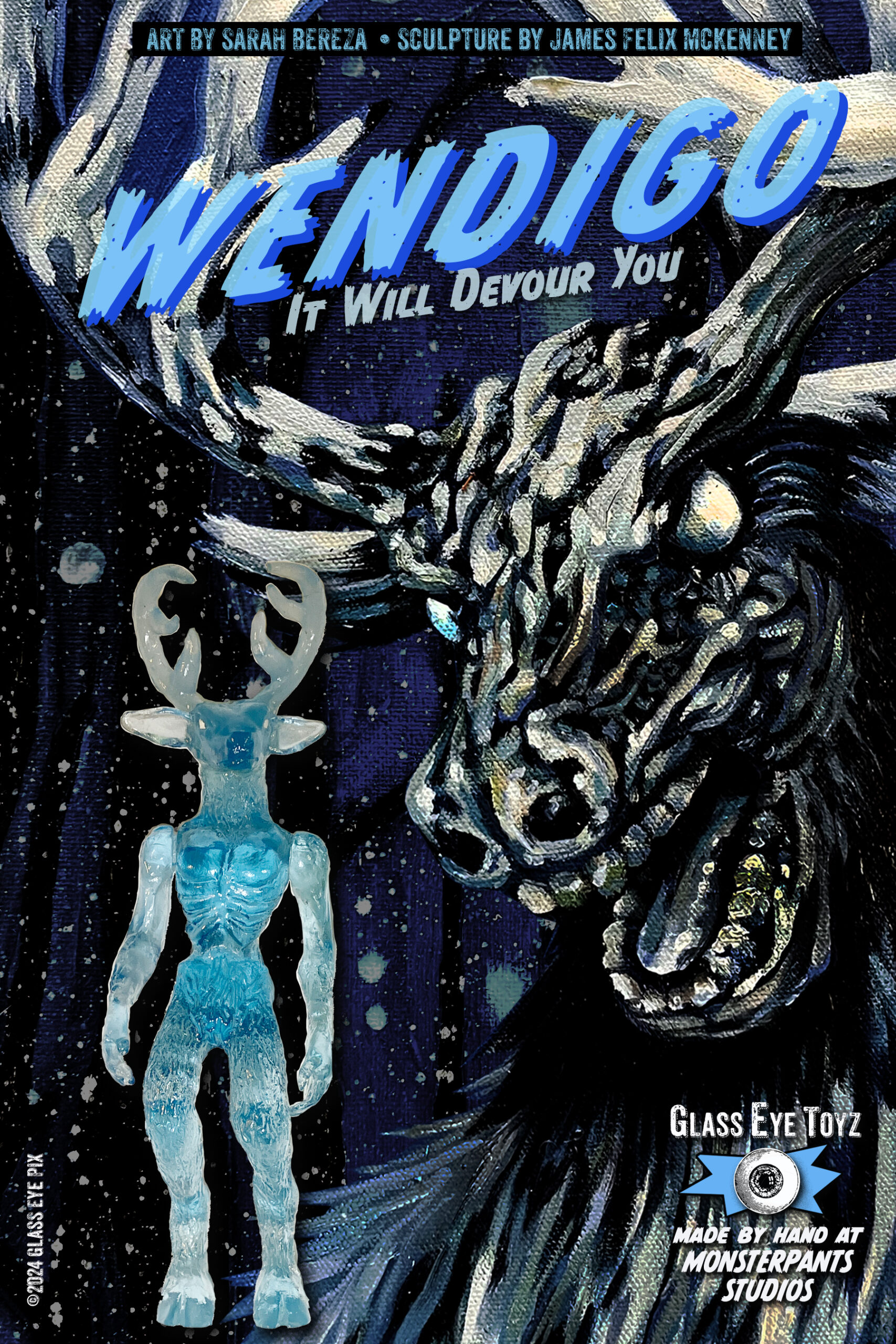
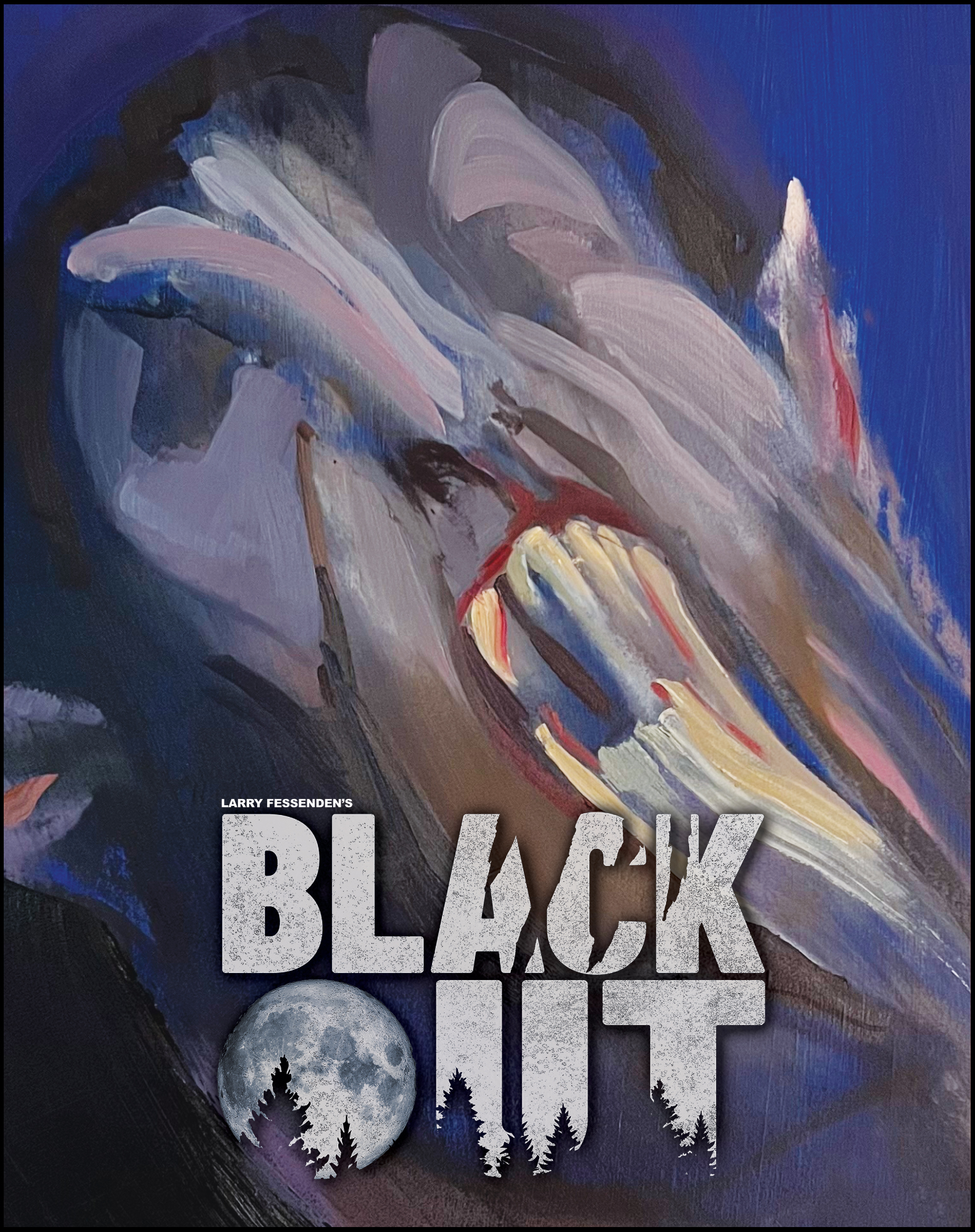
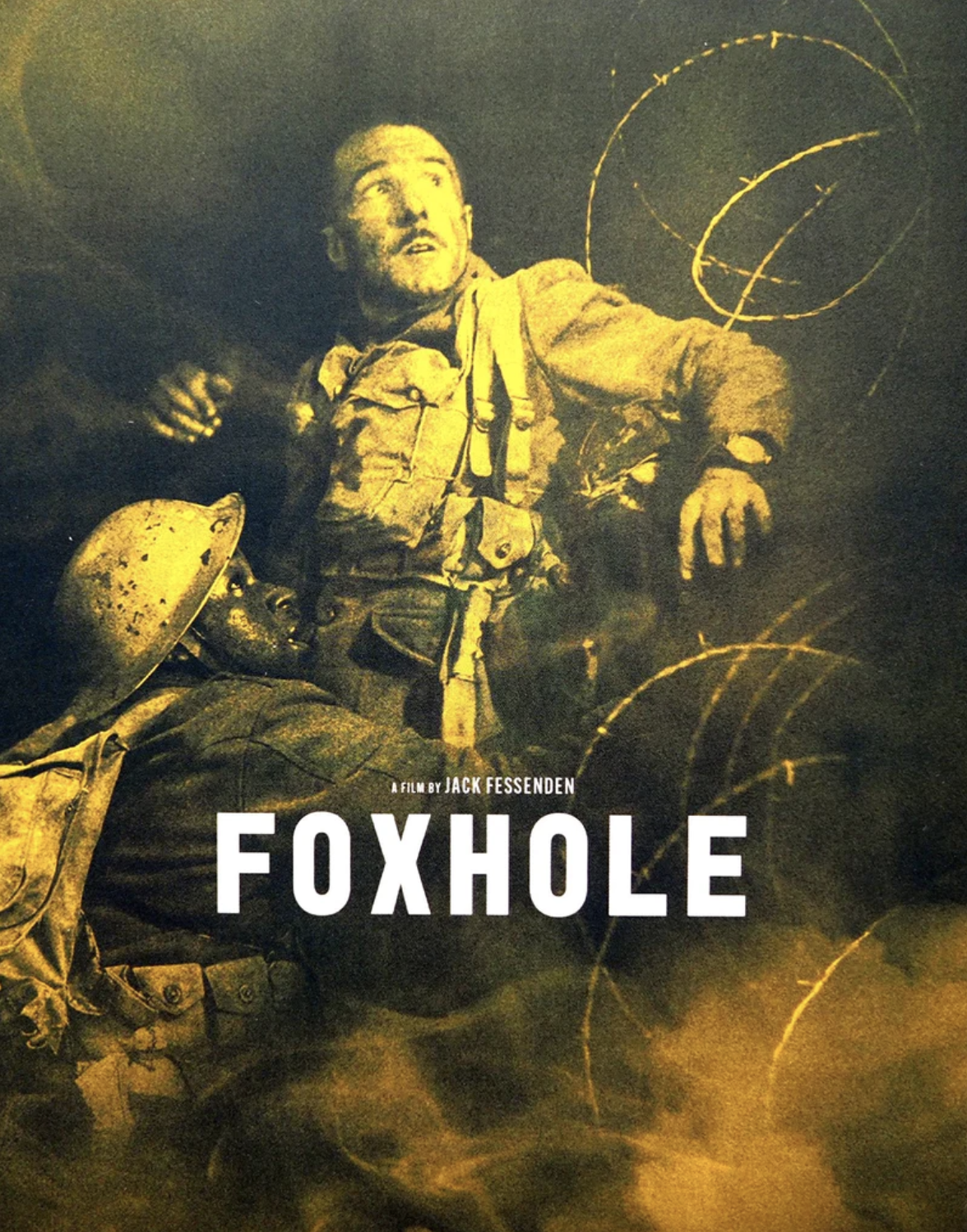
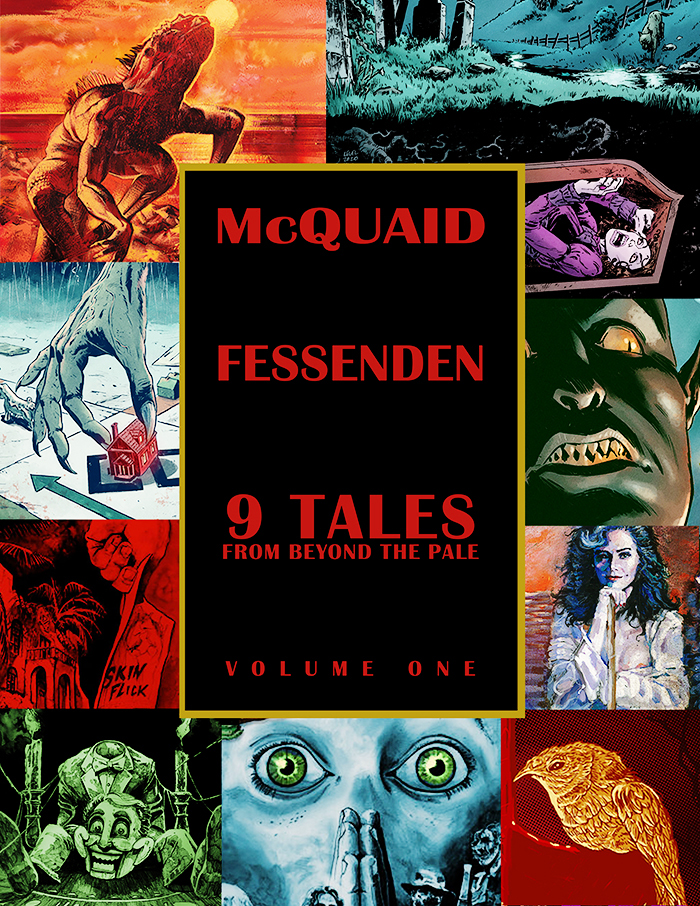
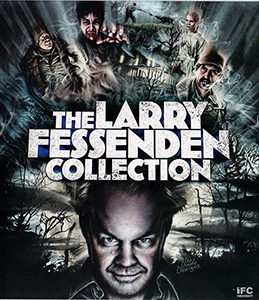
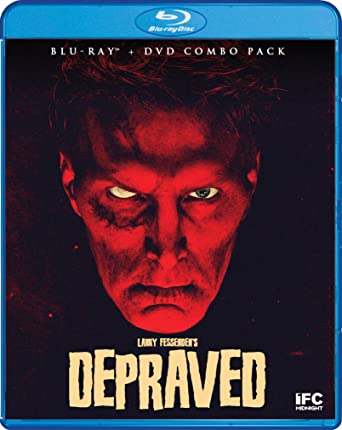
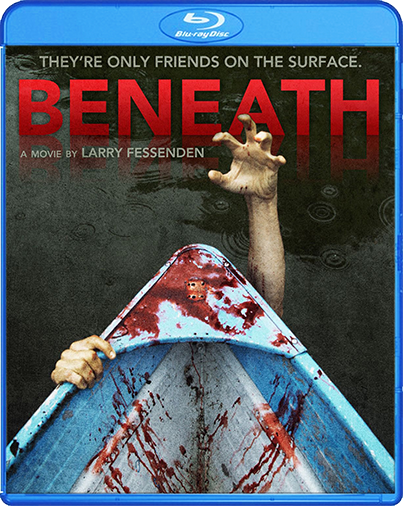
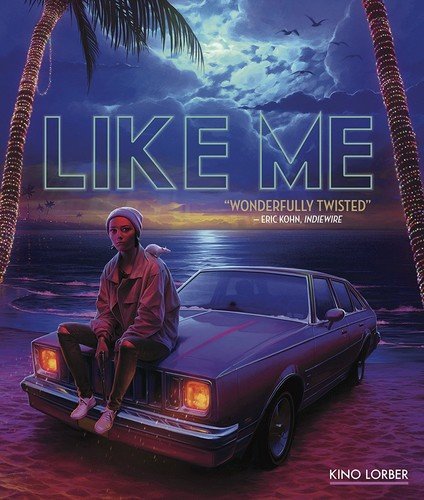

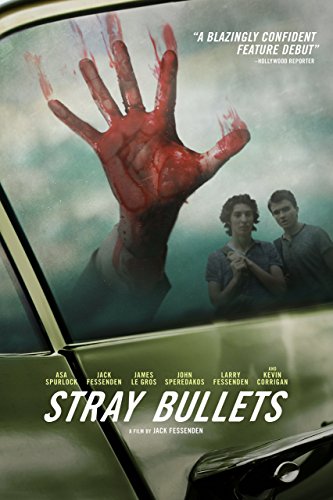
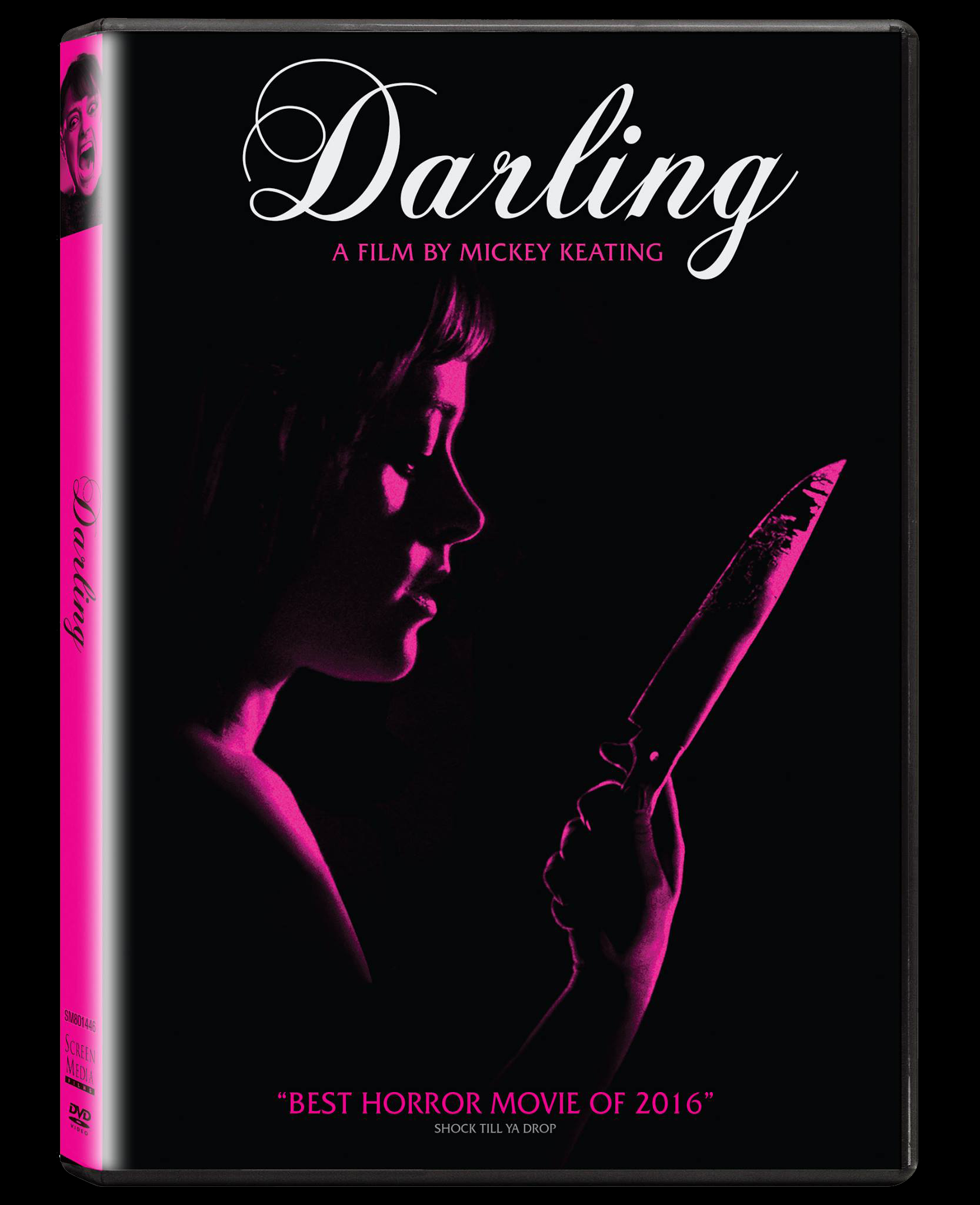
Add a comment